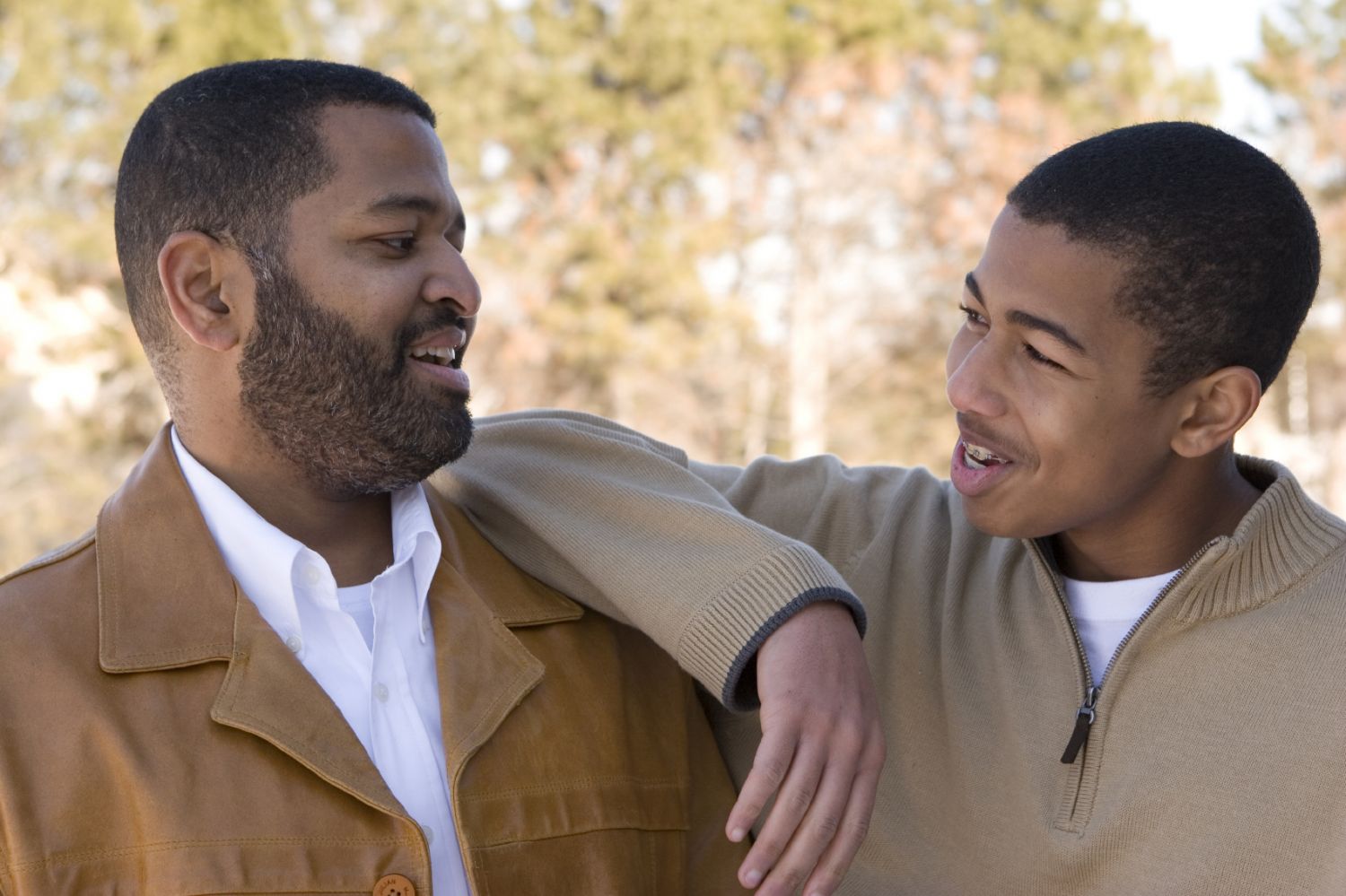When I asked friends with kids what they thought parents should never, EVER do for their teenagers or older children, they had a lot to say. “Be sweet-talked into typing up their term paper an hour before it’s due in class because they were up all night playing RPGs (role-playing games) on their computer,” Robin Ehrlichman Woods said. “Answer every question or solve every problem without giving them the chance to try thinking it through first,” Linda Maltz Wolff added.
Since I now have three teenagers myself — ages 19, 16 and 13 — I know what they mean. Although it’s not always easy to walk away when your doe-eyed child is pleading for help, helicopter parenting — a one-way ticket to incompetent offspring — is not the way to go, No one wants to see their kid fail. (Where do you think everyone’s-a-winner syndrome comes from?) But adversity is a normal part of life and the only way to teach our children coping skills is to make them do and think for themselves. As Ann Landers once put it, “It is not what you do for your children, but what you have taught them to do for themselves that will make them successful human beings.”
I couldn’t agree more. Following a few missteps — okay, more than a few — I’ve now vowed NOT to treat my teenagers to the same full-service parenting they enjoyed as young children. And, after talking to a few “parent” friends, I’ve come up with a list of seven things parents should never, ever do for their older kids.
Their college applications
Only last year I wrote about how upset I was that my son refused to allow me even to read his college application essays. After all, wasn’t I the one who was going to bankroll at least most of his college education? I stopped pushing after my husband told me that it was our son’s chance to make a statement, good or bad, and that any interference on our part would only diminish his self-esteem. He was right — as were the dozens of critics who commented on my piece.
Contact their college professor or teacher about a grade
Hanging back and allowing your kid to confront their instructor about a grade or punishment they deemed unfair — and, yes, to sometimes get shot down — is one of the greatest challenges of parenting. But it’s also probably one of the most important things you’ll ever do for your teenager or older child.
Fight their “friend” battles
As one of my own friends put it, “Some things they have to handle themselves. If someone has been unkind to them, THEY need to speak up and sort it out. I’m so surprised when I see moms fighting their child’s battles at the age of 15!” If you don’t teach your kid to swim in the sometimes nasty pool of friendship, they will do nothing but sink. One of the most valuable lessons you can teach a kid is how to handle confrontation with their peers.
Choose their friends
There’s nothing wrong with introducing your offspring to new people. But you have to let them take the lead when it comes to forging friendships. When my kids were younger, I remember many a time when I tried to push them to be friends with someone simply because I was friends with their parents. Bad idea. My kids only wound up resenting me. If you think about it, you’ve probably been friends with many people your own parents didn’t approve of. (I know I have.) Trust your kids — especially your older kids — to figure out the personality types that best suit them.
Speak for them
I made the huge mistake a few months back of butting in and answering many of the questions posed by interviewers seeking to determine whether my son, 15 at the time, was emotionally equipped to go on a month-long cultural exchange to Japan this summer. After my husband gave me a few swift kicks under the table, I finally shut up. I was surprised — even though I shouldn’t have been — at how eloquently my son answered the remaining questions himself. I nearly jinxed the whole opportunity and I apologized profusely afterwards. It may seem helpful to do your kid’s bidding, but they’ll never learn to speak for themselves if you do. Remember, practice makes perfect.
Lie for them
Again, on this one, I’m guilty as charged. I admit that — when my kids pleaded to get out of a soccer match or a confirmation class or a piano lesson — I have, on occasion, told a white lie or two. But I’m not happy I did so. In recent years, I’ve turned into more of a suffer-the-consequences kind of mom, one who wants my teenagers to fulfill their obligations and not shirk their duties so that they may turn into responsible adults.
Choose their career
I’ve known people who made snide comments about their kid’s choice of career or the earnings potential of their choice of work. Not helpful. The most important thing, in my mind, is that my kids are happy. If that means they want to drive a taxi for the rest of their life, then so be it. According to my friends, the same holds true when it comes to hobbies. You should never “push them towards any interest or activity. Childhood is the time to expose them… and then they have to do what calls to them,” said one mom.
It’s never too early to teach your children to be independent. While it may seem like a good idea to swoop in and rescue your kid when they need help, nothing could be further from the truth.







